Project Name
AI for Social Issues
Member
Helton, Florence, Ebrima, Ezoa, Ito
Outline
The business applications of artificial intelligence (AI) have been all over the news. Industries from manufacturing to insurance are implementing ways to utilize artificial intelligence, sometimes alongside other emerging technology like machine learning. In addition to businesses, AI can have a significant impact on real-world social challenges and the potential to bring valuable solutions to various societal issues. Some projects in our lab weigh in on how innovative applications of AI can be used to combat some of the seemingly unsolvable social crises facing the world today.
One of these projects consist of developing a deepfake video detection system for criminal evidence verification for law enforcement agencies. Deepfake videos and images are created with the help of Generative Adversarial Networks which are deep learning architectures aimed creating high-quality and realistic videos that can deceive its audience by swapping the original personality with a fake one in the manipulated video. It is becoming rampant in society and is already causing a menace to innocent people in malicious use cases such as deepfake pornographic videos, political discords, and crime evidence manipulation videos. This research is aimed at providing the law enforcement entities with a reliable tool to detect whether video exhibits tendered as evidence in a criminal justice proceeding are fake or real.
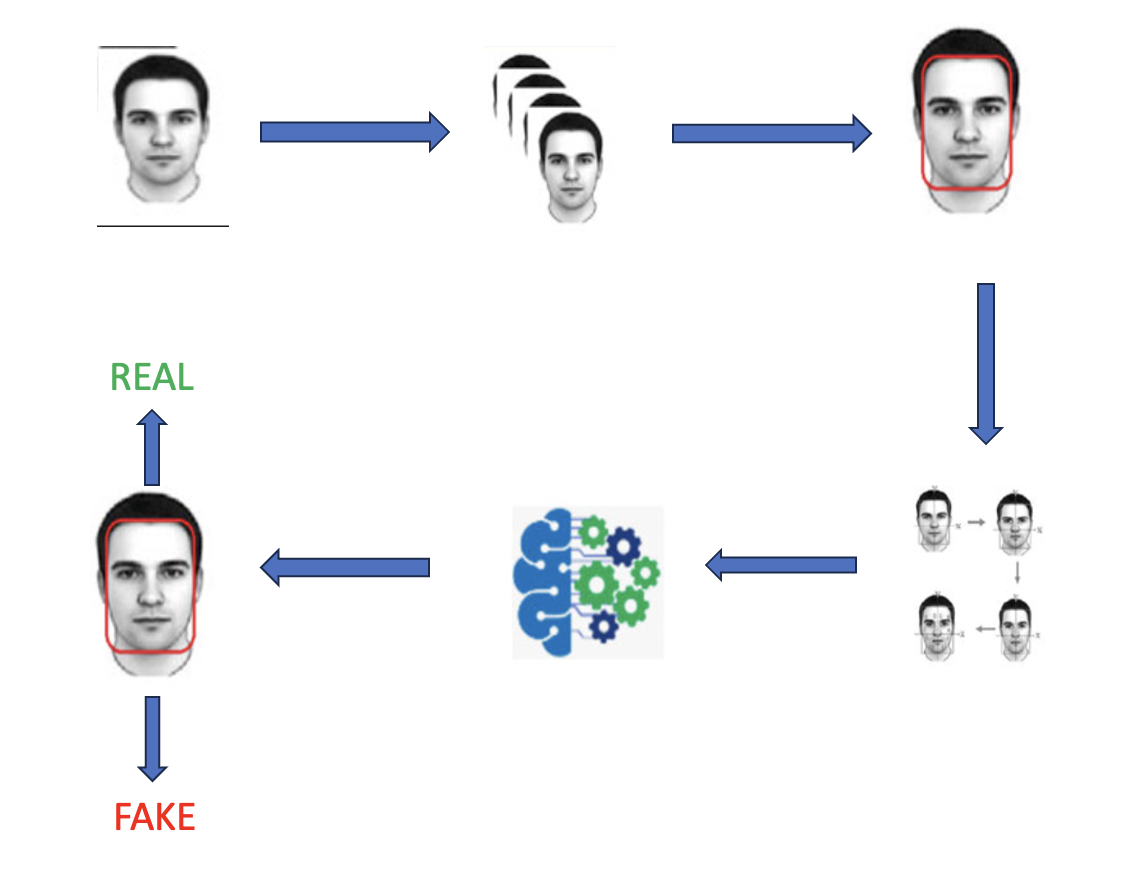
Another one consists of utilizing Natural Language Processing techniques of Question and Answering using Bidirectional Encoder Representations from Transformers to detect delay risk sources from unstructured project documents. Delay risk in construction projects is one global phenomenon experienced by the public sector causing socio-economic challenges. The main objective of this research is to eradicate this challenge by creating an Artificial Intelligence (AI) system that can predict and analyze this risk before its occurrence.
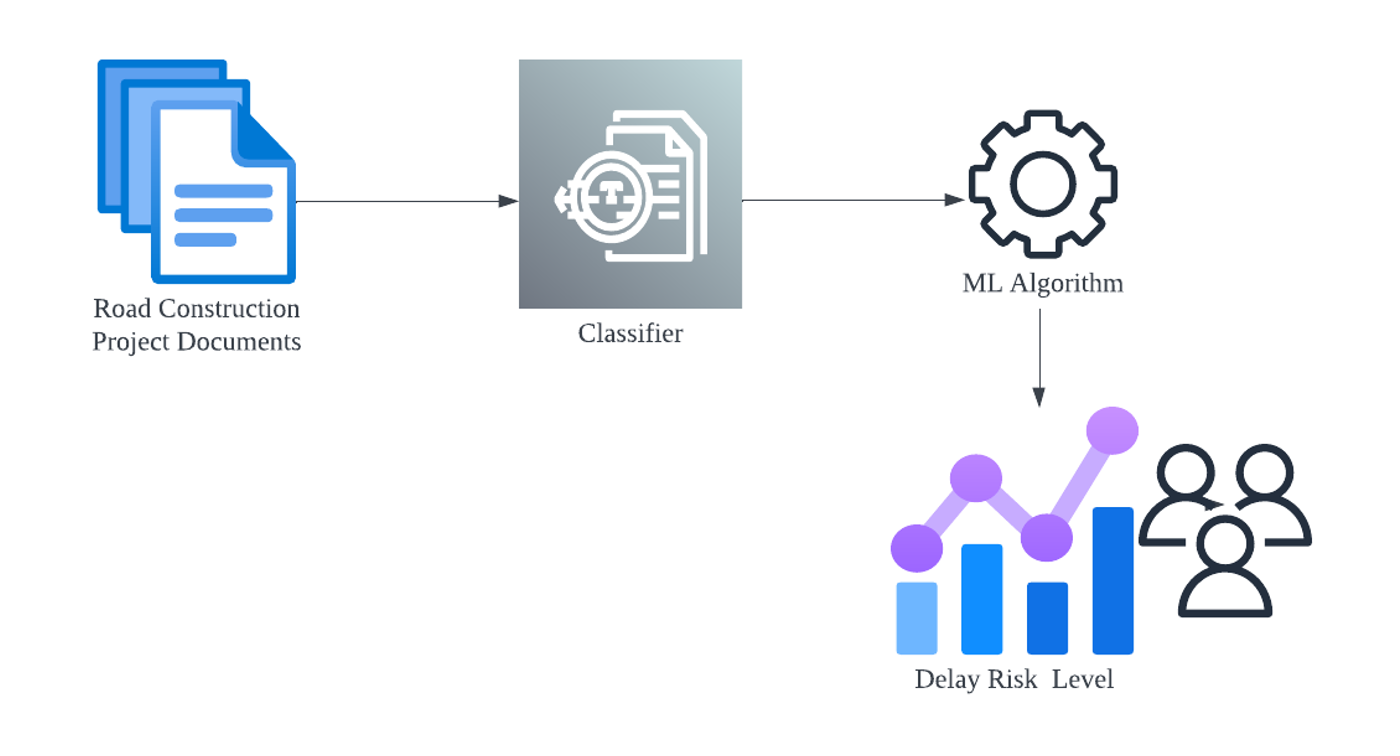
Another one consists of using deep learning algorithms and building a mobile system to recognize and calculate calories inside Africa images foods in order to help people know what kind of food they eat every day and what can be their consequences on their health.
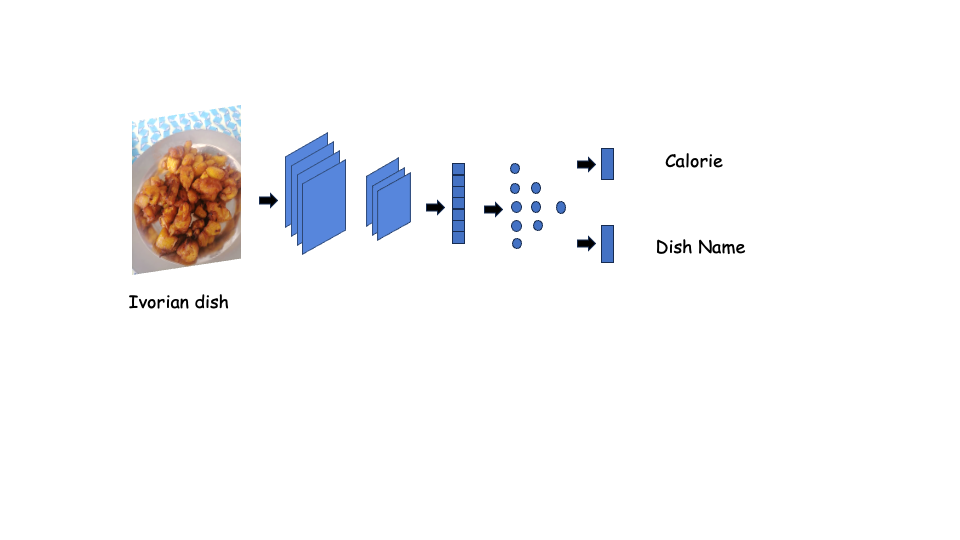
There is another one that explores the introduction of a fully automated underground transportation system using multi-agent simulation. Considering the labor cost problems faced by today's transportation business, this research hypothesizes the introduction of a fully automatic transportation system that utilizes existing subway passageways and uses those stations as pick-up and drop-off points. Using a multi-agent system, the introduction of a fully automatic transport system from two aspects will be examined: considering which station is the most efficient for users and the system, and what kind of rules should be applied to the agents to transport the goods to the users in the fastest possible time.
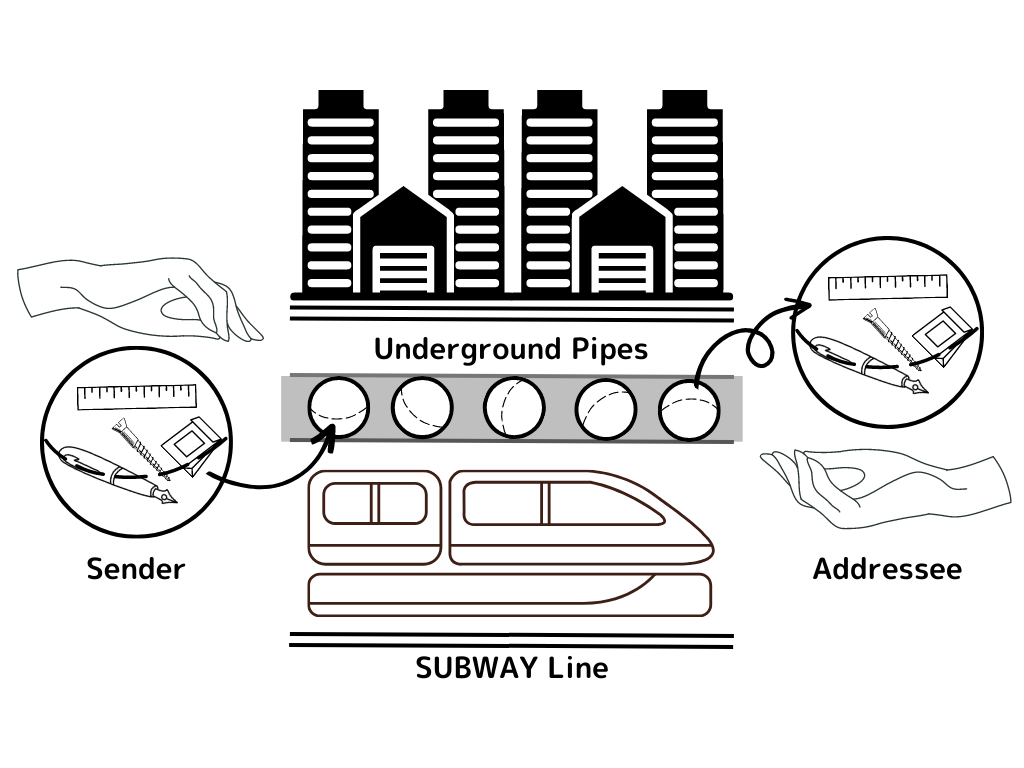
The last one uses image detection, open data with OpenStreetMap API and a rule-based knowledge system to assess responsibilities within driving recorders' videos when a car accident occurs. Car crashes, known also as vehicle collisions, are recurrent events that occur every day. As long as vehicles exist, vehicle collisions will, unfortunately, continue to happen. When a car crash occurs, it is important to investigate and determine the actors’ responsibilities. Therefore, this research aims to build a system that uses the crash video recorded by one of the involved vehicles’ driving recorders as the input data source and outputs the evaluation of each actor’s responsibility within a crash.
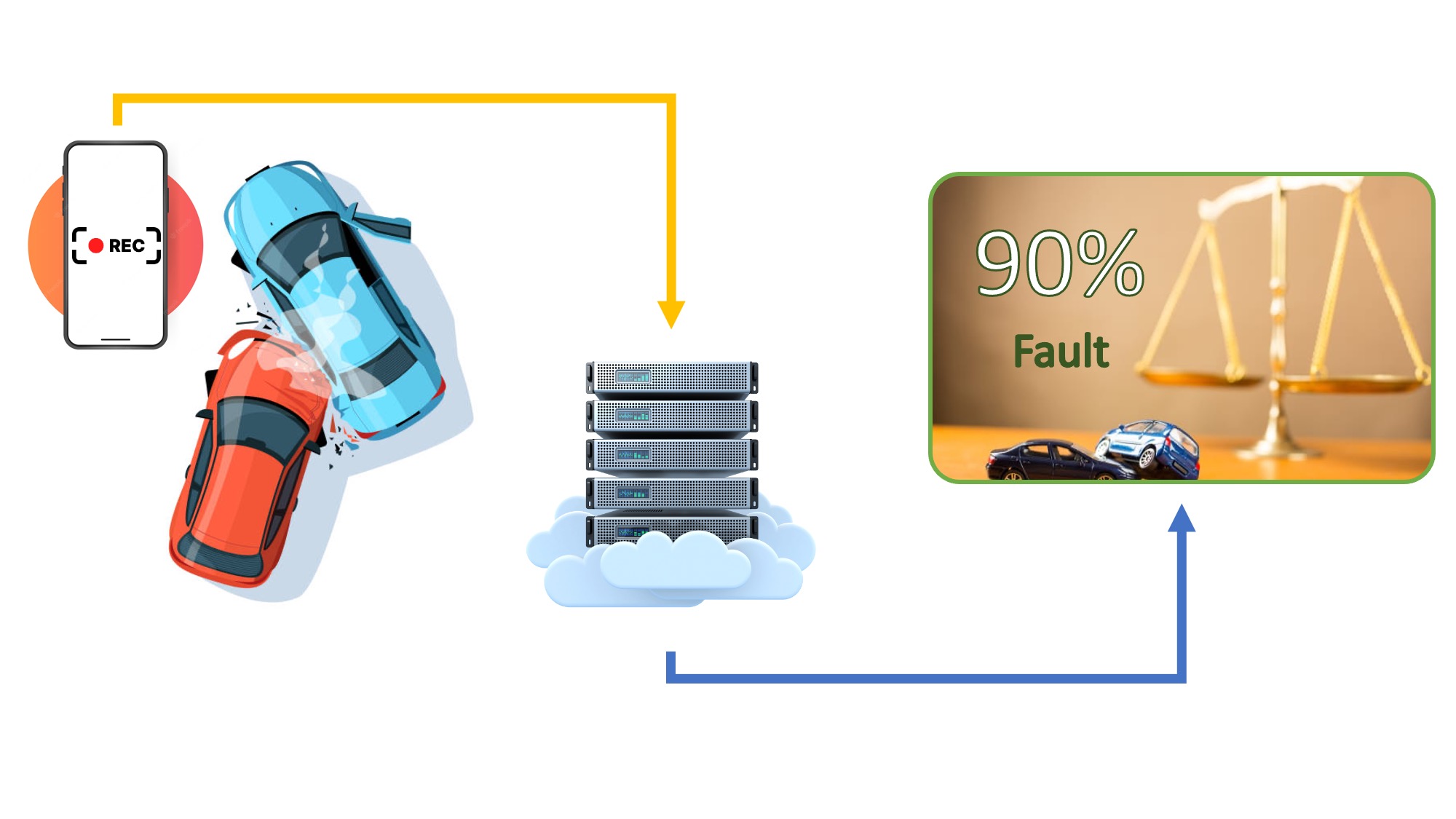
Copyright (c) 2023 Ozono Lab. All rights reserved.